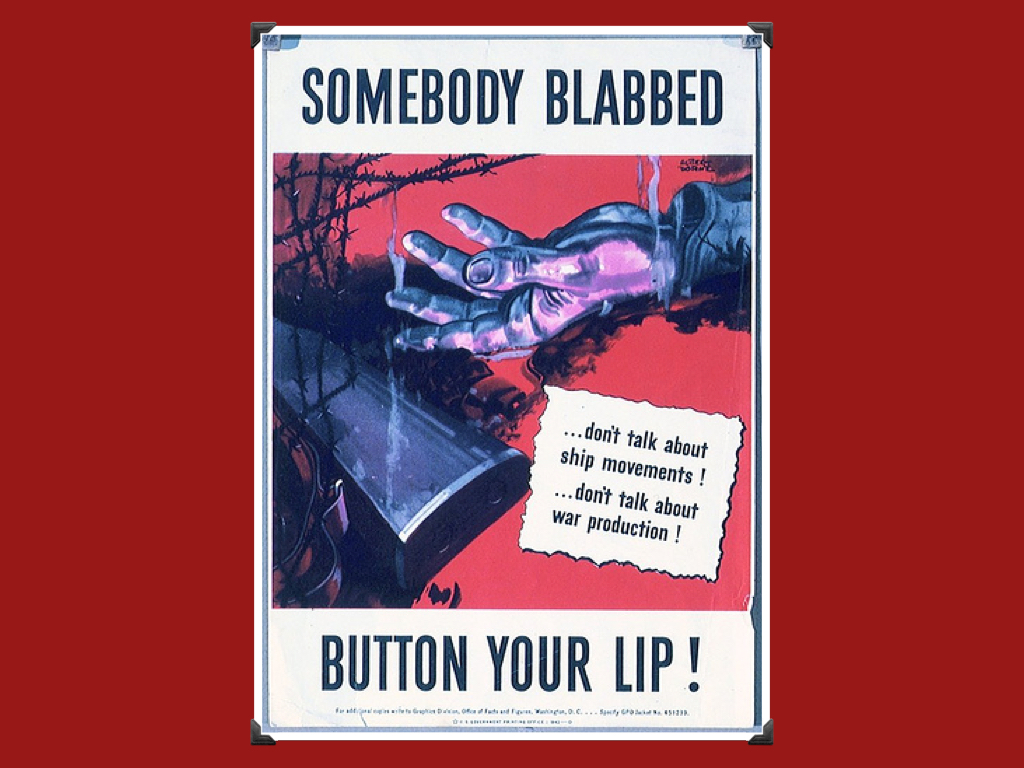

held that the danger posed during wartime justified the act’s restriction on First Amendment rights to freedom of speech. Writing for the majority, Justice Oliver Wendell Holmes Jr. United States (1919), the Supreme Court upheld the act’s constitutionality. Schenck was charged with violating the Espionage Act after circulating a flyer opposing the draft. (AP Photo, used with permission from the Associated Press) Court rules wartime danger justifies restrictions The judge eventually dismissed charges against him and his colleague Anthony Russo.
#Define espionage trial#
Ellsberg faced charges under the Espionage Act, and went to trial in Los Angeles in 1973. Daniel Ellsberg, pictured here, was a former defense analyst who leaked the famous Pentagon Papers to the New York Times and other newspapers. Along with Attorney General Thomas Watt Gregory, Burleson led the way in aggressively enforcing the Espionage Act of 1917 to limit dissent.īy 1918, in actions that seriously threatened First Amendment freedoms and that likely would not be upheld today, 74 newspapers had been denied mailing privileges. Burleson ordered local postmasters to report any suspicious materials. The act also created criminal penalties for anyone obstructing enlistment in the armed forces or causing insubordination or disloyalty in military or naval forces.įurther, the Wilson administration determined that any written materials violating the act or otherwise “urging treason” were “nonmailable matter,” and Postmaster General Albert S. The Espionage Act of 1917 prohibited obtaining information, recording pictures, or copying descriptions of any information relating to the national defense with intent or reason to believe that the information may be used for the injury of the United States or to the advantage of any foreign nation.

Just after the war, prosecutions under the act led to landmark First Amendment precedents. (Photo available from the Library of Congress, public domain)Ĭongress enacted the Espionage Act of 1917 on June 15, two months after the United States entered World War I. Pictured is Justice Oliver Wendell Holmes who ruled in the case that the danger posed during wartime justified the restrictions on First Amendment rights to freedom of speech placed by the Espionage Act. Schenck was charged with violating the Espionage Act of 1917 when he circulated a flyer that opposed the draft.

However, the benefits that can be gained through espionage are generally great enough that most governments and many large corporations make use of it to varying degrees.Socialist Charles T. Nearly every country has very strict laws concerning espionage, and the penalty for being caught is often severe. Counterintelligence operatives can feed false information to enemy spies, protecting important domestic secrets and preventing attempts at subversion. In times of crisis, spies can also be used to steal technology and to sabotage the enemy in various ways. They can also find dissidents within the enemy's forces and influence them to defect. Spies can bring back all sorts of information concerning the size and strength of an enemy army. One of the most effective ways to gather data and information about an enemy is by infiltrating the enemy's ranks. Spying involving corporations is known as industrial espionage. It is crucial to distinguish espionage from intelligence gathering, as the latter does not necessarily involve espionage, but often collates open-source information.Įspionage is often part of an institutional effort by a government or commercial concern, however the term is generally associated with state spying on potential or actual enemies primarily for military purposes. It is a subset of intelligence gathering, which otherwise may be conducted from public sources and using perfectly legal and ethical means. Espionage is inherently clandestine, as it is taken for granted that it is unwelcome and, in many cases illegal and punishable by law. Freebase (0.00 / 0 votes) Rate this definition:Įspionage or spying involves a government or individual obtaining information considered secret or confidential without the permission of the holder of the information.


 0 kommentar(er)
0 kommentar(er)
